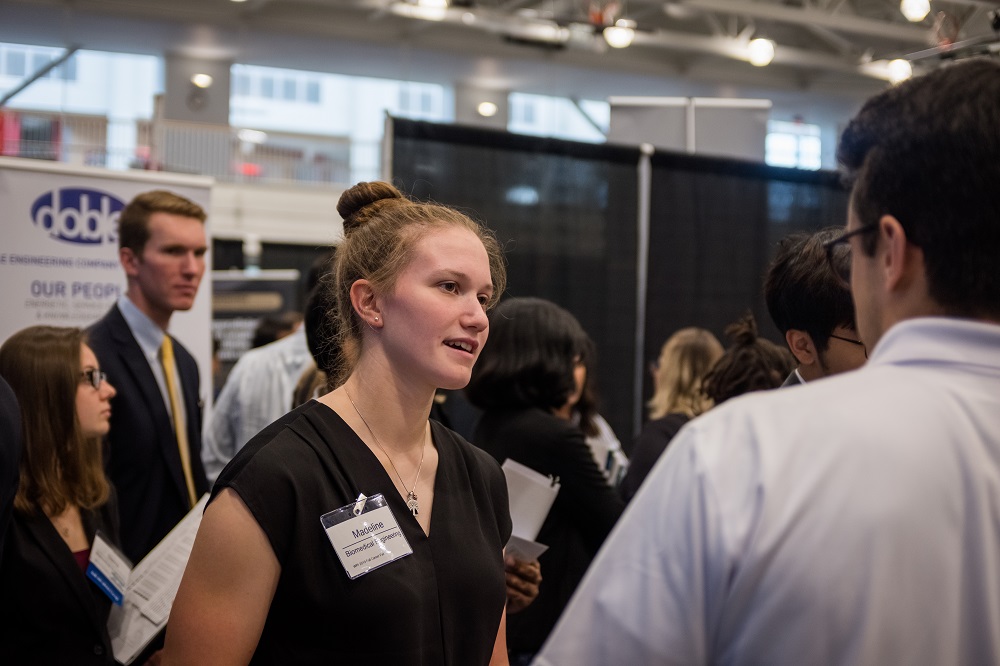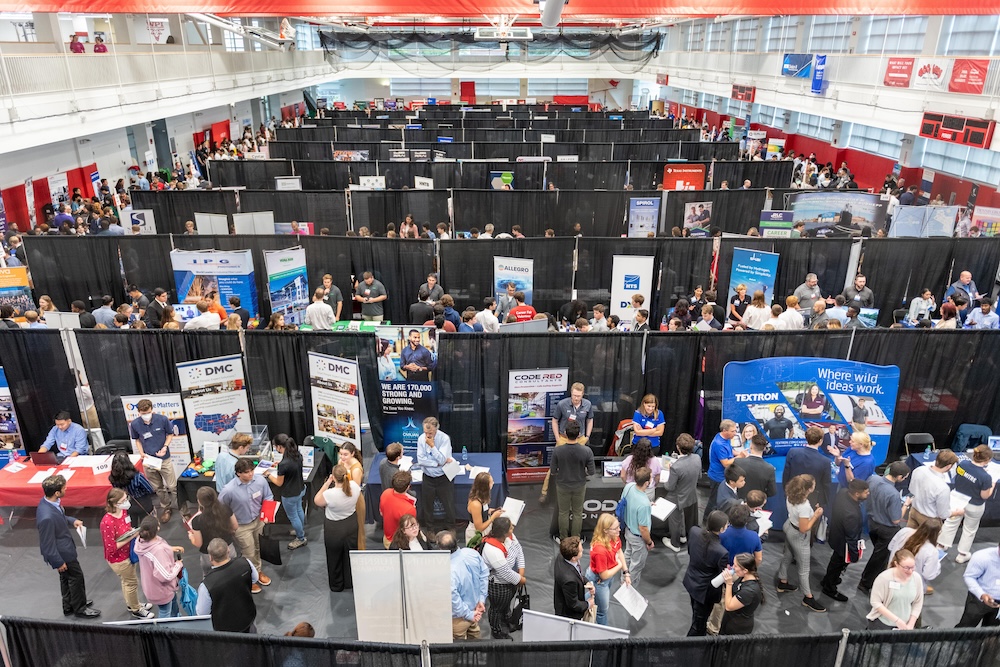Worcester Polytechnic Institute (WPI) undergraduate engineering students give the university’s learning environment high praise, according to a survey of WPI students conducted by the national Project to Assess Climate in Engineering (PACE). Specifically, the quality of instruction in WPI’s engineering majors fared better than some of the university’s peer schools, based on student responses.
PACE’s purpose was to assess the overall learning environment for undergraduate engineering students at 22 colleges and universities across the United States, with the ultimate goal of improving retention rates in engineering studies. WPI participated in the survey, according to Arthur Heinricher, the university’s undergraduate studies dean, because "as a nation, we need to get more students interested in engineering, and creating an environment that fosters that goal is critical."
WPI survey respondents were pleased with the quality of teaching in science, math, and the humanities. In addition, 93 percent of WPI’s respondents indicated that the quality of teaching in their engineering courses was either "good" or "excellent."
"Students were particularly enthusiastic about their professors," states the PACE report on WPI’s outcome. "All of the interviewees commented that the professors were very supportive people who cared a great deal for their students … In fact, every student who was interviewed agreed that they would recommend WPI’s engineering program to any prospective student, including females and underrepresented minorities."
As well, the students enjoyed the "close-knit community and collaborative work environment, noting that professors and staff were very approachable and students helped rather than competed with each other," according to the PACE report.
"WPI is a leader in engaging and retaining engineering students, and the PACE outcomes confirm that the learning environment at WPI is supportive of engineering students, in terms of support from faculty members and the quality of their instruction," Heinricher explained. "As President Obama issued an ’educate to innovate’ edict, WPI’s revolutionary project-based curriculum has been doing this for 40 years -- we’ve been educating the world’s future leaders and innovators to solve the world’s most important problems."
The PACE survey was conducted during the 2007-2008 academic year, and it was emailed to 38,000 undergraduate engineering students across the nation, tapping their thoughts on professors and teaching assistants, interactions with other students, extracurricular activities, perceptions of engineering careers, and asking about their confidence in completing an engineering degree. Nationally, approximately 10,550 students responded to the 15-minute online survey, and in-person interviews further focused on students’ perceptions of their learning environment.
PACE was founded and conducted by faculty and staff at the University of Washington’s Center for Workforce Development, which received a five-year grant to study how gender and ethnicity contribute to students’ perceptions of their experiences in undergraduate classes. It was funded by the Alfred P. Sloan Foundation, a New York City-based non-profit organization that is focused on science, technology, and economic issues.


